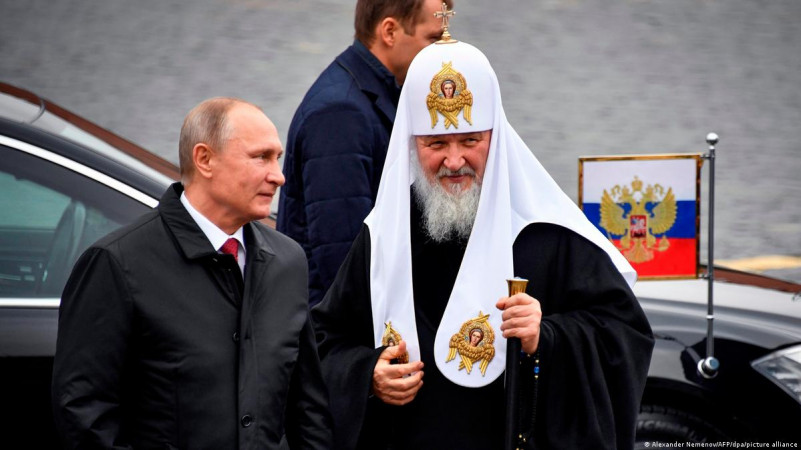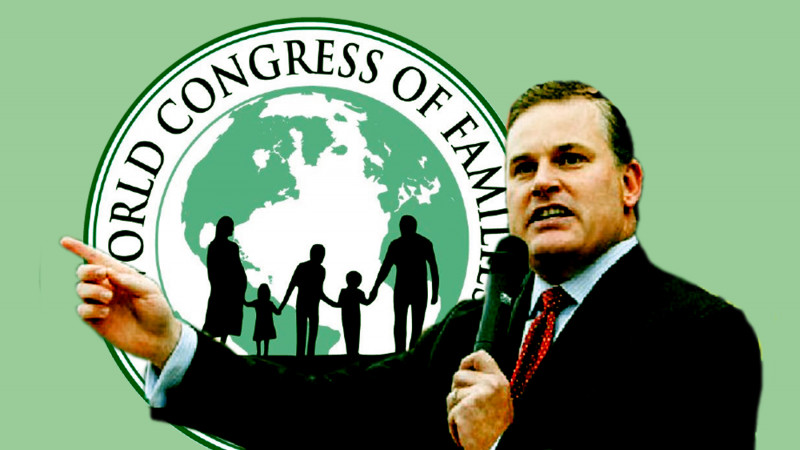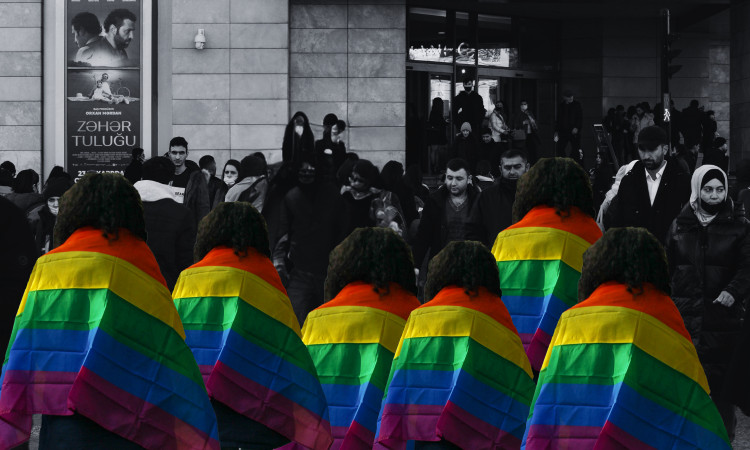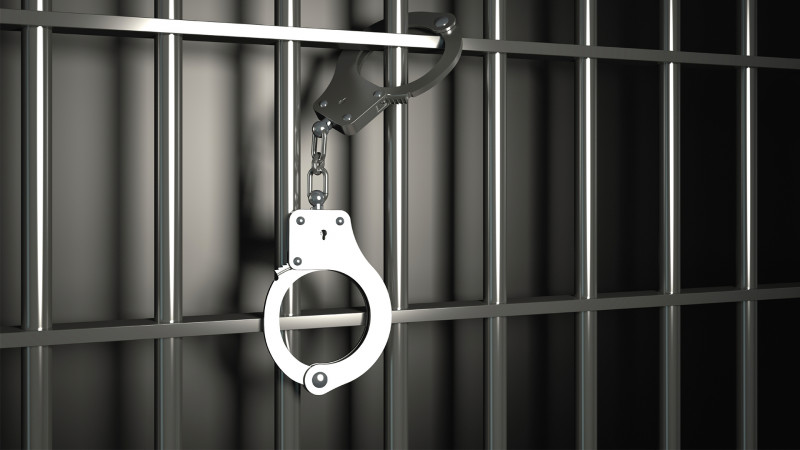“Our life is not difficult. We do not have a life.”
The story of a queer student from Lankaran seeking refuge from the world
27/Nov/25
907
“Our life is not difficult. We do not have a life.”
The story of a queer student from Lankaran seeking refuge from the world
Name changed; our interviewee is coded as “I.A.”
At a village wedding, surrounded by relatives, there is a child who doesn’t want toy cars, doesn’t want to fight, wrestle, smash things. He is quieter, more intellectual, more delicate. From the age of four, adults around him mock him: “He’s like a girl”, “God meant to create a girl but made a mistake and created a boy”. The Talish slur “jennar”, used for gay men, becomes a nickname that follows him everywhere.
This child grew up in Lankaran, in the south of Azerbaijan. Years later, he will openly identify as a “gender-nonconforming queer person”, but as a child he only knew one thing: everyone hated him, for reasons he didn’t understand.
One sentence repeats throughout I.A.’s story: “Our life is not difficult. We do not have a life.”
“Girl, faggot, gay” — the first language of bullying
When I.A. remembers his childhood, he describes both warmth and a deep darkness. He is the youngest child in the family — close to his mother, emotionally distant from his father.
“When I think about my childhood, next to the beautiful memories there’s always a dark stain — people saying, ‘Why did you raise him like a girl?’”
What looks like family teasing from the outside destroys a child’s psyche from within: “He’s like a girl”, “He’s basically a woman”, “He’s a girly-boy”. Then another twist: his sisters start calling him “gay” as a joke — the first time he hears the word, it’s an insult at home.
School becomes even harsher. The “rowdy boys” don’t just call him names — they touch his body:
“When they walked past me, they would grab my backside and say, ‘You’re already like a girl, so what?’ Sometimes they would corner me and rub themselves on me.”
His voice is calm when he says this, but the weight of it lands heavily. He pauses briefly and continues:
“If I told my family, they’d kill their son for being a ‘faggot’. If I told a teacher, they’d say, ‘Be a man, then this won’t happen to you.’ So I kept it inside, and my mental health collapsed.”
This is not one person’s story. It is a normalised pattern of violence queer children face across Azerbaijan’s regions.
Losing his mother and the daily threat of “I would kill you”
In 2019, I.A. loses the anchor of his life — his mother, who suffered from cancer and always loved him gently. After her death, he is left alone in Lankaran with his father, a war veteran with deeply conservative views.
“I was under his control now. From the music I listened to, to the shorts I wore, he insulted everything. Every day he would come to me and say he saw a ‘faggot’ on the street and that if he had such a child, he would immediately beat him to death. Yes, he said this almost every day.”
These words are not only homophobic hatred — they sound like the building blocks of an honour killing. The father’s statement — “If I had such a child, I would kill him” — leads I.A. to one conclusion: “If I am seen as who I am, they will kill me.”
Already mentally fragile, this becomes the final blow. Panic attacks, severe anxiety, deep depression — he has been on medication for five years:
“When someone approaches from behind, I jump — like a tic — because of the sexual harassment I experienced as a child.”
Self-harm, and using education as a shield
He describes the darkest period of his depression with a metaphor:
“It felt like there was a stone in my chest — heavy, crushing my lungs, making it hard to breathe… So I started cutting my arms. I was suffering, couldn’t tell anyone, everything was exploding inside.”
But the story does not break here — because of one thing: education.
Since childhood, he survived by disappearing into media, books, knowledge. He graduated both middle and high school with top honours, ranked first in exams, won medals and certificates.
“So I focused even more on my strongest weapon — education — and chose ‘escaping’ as my hope to survive. At 17, I passed the exam, was accepted to a university in Turkey, and went. My dream of escape came true.”
This escape was not only geographical — it was a psychological survival strategy.
In Turkey, feeling “human” for the first time
In Turkey, hardships followed — poverty, hunger, psychological weight. But this time there was a possibility of salvation.
His first step was seeing a psychiatrist. A few weeks later, under antidepressants, he felt happiness for the first time in years.
“For the first time in years, I felt happy. I wanted to go outside, to live.”
It was also his “official coming out” period. He changed his style, began wearing makeup, flirted, discovered his body and desires anew.
“Of course Turkey is conservative too, but for a kid from an Azerbaijani region, living there was like a chicken escaping a cage. For the first time, I felt happy, loved myself, stopped harming myself.”
But a paradox remained. In the country where he felt free, his legal status was fragile — as a foreign student, he could not work, intern, or apply for most scholarships.
Hande Kader scholarship: “A trans activist gave me a life”
One of the turning points was the solidarity scholarship named after famous trans rights activist Hande Kader — brutally murdered in Turkey. The Hande Kader Trans+ Solidarity platform provides scholarships to trans and queer students in Turkey.
Through his university’s LGBTQI+ club, I.A. applied. He described himself as a living example of “intersectionality”: queer, Azerbaijani, Talish, poor, with no family support.
“They saw that despite being one of the country’s top students, I suffered so much because of my ethnicity and sexual identity. I won the scholarship… It wasn’t a huge amount, but when you’re literally talking about starvation, it’s a big help.”
He doesn’t see the 150 lira scholarship as “just money”:
“In a way — may her soul rest in peace — trans activist Hande Kader gave me a life.”
Fear of deportation: “Killing myself feels more honourable than being killed in the name of ‘honour’”
Now the clock is ticking. As a final-year undergraduate student, his biggest question is: will he manage to continue his master’s in a safe country, or be deported back to Azerbaijan?
If deported, he describes the reality waiting for him:
“A gender-nonconforming, pierced, androgynous young person known from childhood as ‘girl’ or ‘faggot’ returns to Lankaran. That is a straight path to an honour killing.”
This fear is not imaginary. ILGA-Europe and other organisations have long warned about “honour”-based violence against LGBTQI+ people in Azerbaijan.
In this context, I.A. says:
“The only reason nothing happened yet is because I’ve been away… This fear has brought back the self-harm urges I suppressed for four years. Because killing myself seems more honourable than being killed for ‘honour.’”
At the same time, anti-LGBTQ+ bills are being proposed in Turkey, Pride marches are banned, and LGBTQ+ rights are sliding backward. For I.A., it is simple math: unless he is accepted into a Western “Students at Risk” type program, his future splits into two paths — deportation or endless limbo.
Military service: “They will see me as a sexual slave”
Mandatory military service creates an additional life-threatening risk. Abuse and hierarchical violence — “dedovshchina” — have long been whispered about in the Azerbaijani army.
“Military service in Azerbaijan is bad for everyone — even for the most masculine cisgender heterosexual men. Because the abuses are never reported. But for queer people like me, it means daily assault.”
His response to “just hide your identity” is blunt:
“I’m not going to stand up and announce ‘I’m queer’. But this is who I am. My natural behaviour, gestures, voice give me away. They will see me as a ‘sexual slave’.”
This sentence exposes both personal fear and systemic failure. Azerbaijan has no laws recognising hate crimes based on sexual orientation or gender identity. Violence against LGBTQI+ people is not legally categorised anywhere — neither in the army nor in civilian life.
Rainbow Map 2025: A country at the bottom of Europe
I.A.’s story may seem dramatic on its own, but it makes full sense only within the broader system around him. ILGA-Europe’s Rainbow Map illustrates this with stark numbers: Azerbaijan ranks 48th out of 49 countries, scoring only 2.25%— only Russia ranks lower.
What does 2.25% mean?
0% — no laws banning discrimination based on SOGI in employment, education, healthcare, goods and services.
0% — no marriage, civil partnership or adoption rights for same-sex or trans people.
0% — no hate crime or hate speech protections covering SOGI.
0% — no asylum or migration safeguards for LGBTQI+ people.
In this landscape, I.A.’s fears are not “personal feelings” — they are the daily outcomes of structural violence.
Life in the regions: “You have two choices — escape or kill yourself”
I.A. says that Baku offers comparatively more possibilities, informal safe spaces, and community networks. But the regions are total darkness:
“In small places, you stand out immediately with your colours and become an instant outcast… Human rights groups in Azerbaijan focus on Baku. But the regions where millions live are in complete darkness.”
His words expose issues from political centralisation to resource limitations among LGBTQI+ organisations. For queer youth in the regions, there are effectively only two “choices”:
“In such conditions you have two options: 1) Escape the country. 2) Kill yourself.”
He describes himself as someone who “doesn’t give up” — fighting to the last limit for education, scholarships, master’s studies abroad. But he admits that not everyone can do this, nor should they have to.
“No one should be forced to endure. I want to help. Young people from the region message me sometimes, I talk to them, but I don’t know how to help. I say, ‘Try to escape’, as if that’s easy. What else can I say?”
The necessity of anonymity and the final message
His wish to share his story does not erase his fear. He must remain “I.A.”, and explains this as:
“Not because I want to, but because I have to. I wish I could freely say who I am.”
His request to those reading this story is simple and direct:
“Please don’t be cruel to children just because they don’t resemble the majority. What is a small joke to you becomes nights of crying and family violence for them.”
His final words sound like a collective epitaph:
“In Azerbaijan everyone’s life is hard; queer people’s lives are harder; and in the regions, queer people do not have a life at all. It’s important to remember this. Our life is not difficult. We do not have a life… even if we ourselves exist.”
This is I.A.’s story — but not only his. It is the collective portrait of thousands of queer youth struggling to breathe in the unseen geographies of Lankaran, Masalli, Quba, Mingachevir, Ganja — all those places called “the regions.”
Powered by Froala Editor



